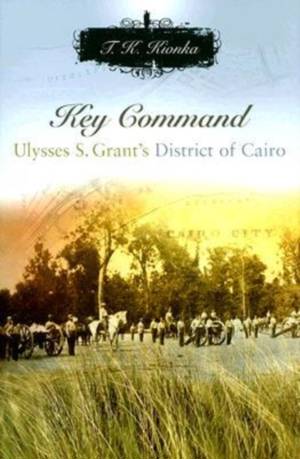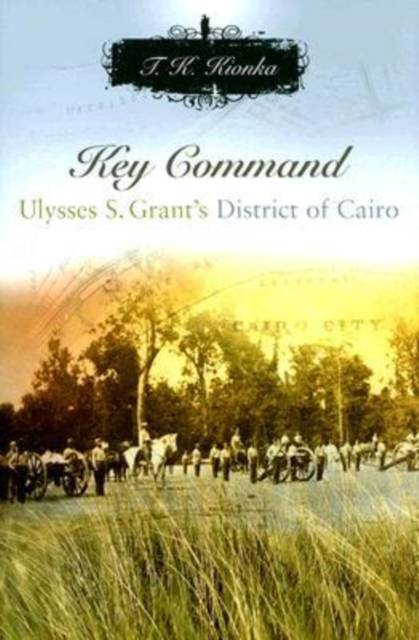
- Afhalen na 1 uur in een winkel met voorraad
- Gratis thuislevering in België vanaf € 30
- Ruim aanbod met 7 miljoen producten
- Afhalen na 1 uur in een winkel met voorraad
- Gratis thuislevering in België vanaf € 30
- Ruim aanbod met 7 miljoen producten
Zoeken
Omschrijving
During the Civil War, Ulysses S Grant, using the town of Cairo, Illinois, as his headquarters, set about reclaiming the Mississippi valley from Rebel forces. This book unfolds the story of how Grant honed his strategic skills in those campaigns. It also describes the changes that came to Cairo.
Specificaties
Betrokkenen
- Auteur(s):
- Uitgeverij:
Inhoud
- Aantal bladzijden:
- 240
- Reeks:
Eigenschappen
- Productcode (EAN):
- 9780826216557
- Verschijningsdatum:
- 30/07/2006
- Uitvoering:
- Hardcover

Alleen bij Standaard Boekhandel
+ 177 punten op je klantenkaart van Standaard Boekhandel
Beoordelingen
We publiceren alleen reviews die voldoen aan de voorwaarden voor reviews. Bekijk onze voorwaarden voor reviews.











